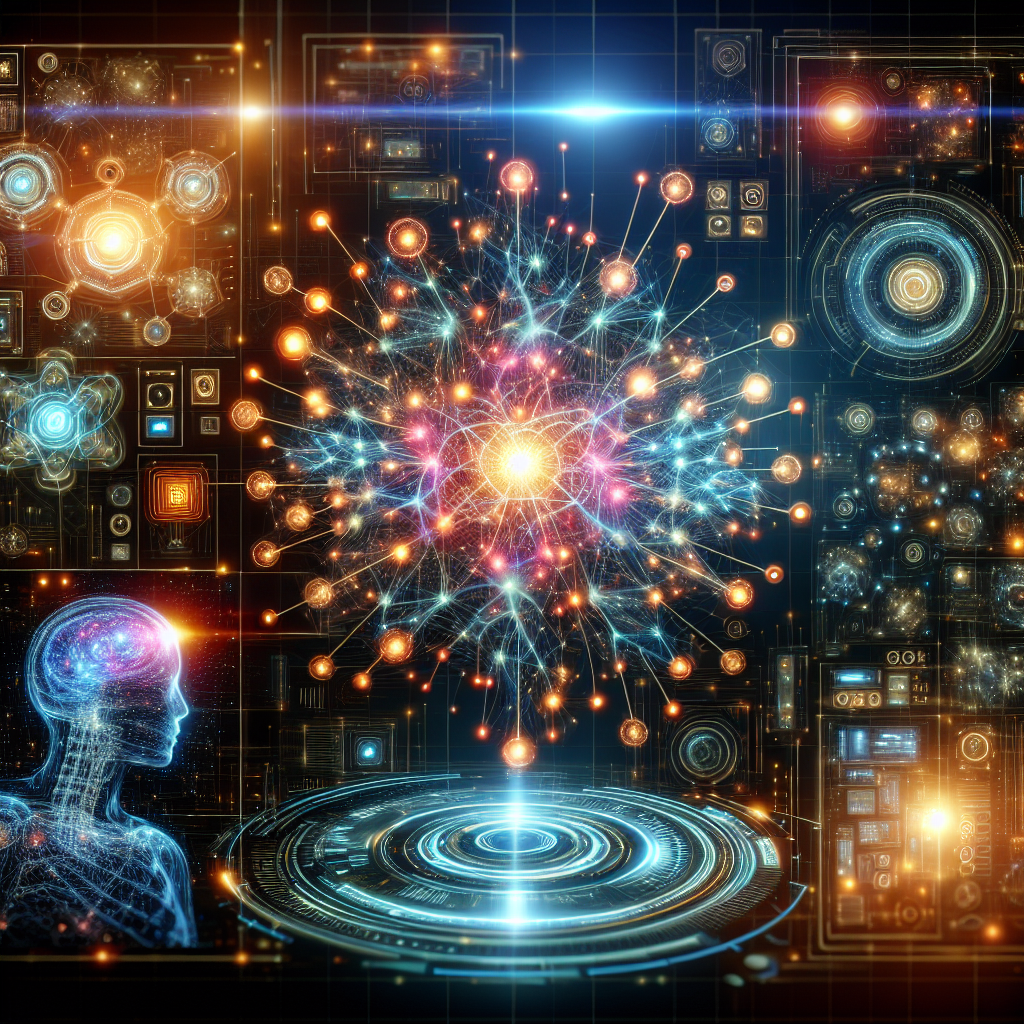The Future of Artificial Intelligence: Deep Learning Revolution
Artificial intelligence (AI) has been a hot topic in the tech world for years, but recent advancements in deep learning have sparked a revolution in the field. Deep learning, a subset of AI that mimics the way the human brain processes information, has the potential to revolutionize industries ranging from healthcare to finance.
One of the key advantages of deep learning is its ability to analyze vast amounts of data quickly and accurately. This has huge implications for industries such as healthcare, where AI can be used to analyze medical images, detect diseases, and personalize treatment plans for patients. In finance, AI-powered algorithms can analyze market trends and make investment decisions in real time, potentially outperforming human traders.
Another key advantage of deep learning is its ability to learn and improve over time. Traditional AI systems rely on rules-based programming, where developers manually input rules and parameters for the system to follow. Deep learning systems, on the other hand, learn from data and adjust their algorithms accordingly. This means that deep learning systems can adapt to new information and improve their accuracy over time.
The future of artificial intelligence is bright, with deep learning leading the way. As more industries adopt AI technology, we can expect to see advancements in healthcare, finance, transportation, and many other sectors. However, there are also challenges to overcome, such as data privacy concerns, ethical considerations, and the potential for job displacement.
Overall, the deep learning revolution promises to bring about significant changes in the way we live and work. As AI technology continues to evolve, it will be important for policymakers, businesses, and consumers to stay informed and engaged in the conversation about the future of artificial intelligence. Only by working together can we ensure that AI technology benefits society as a whole.


